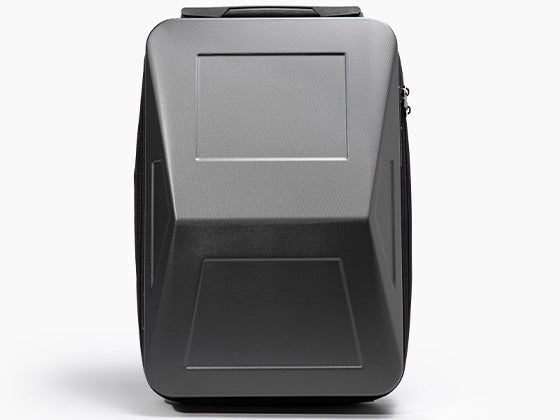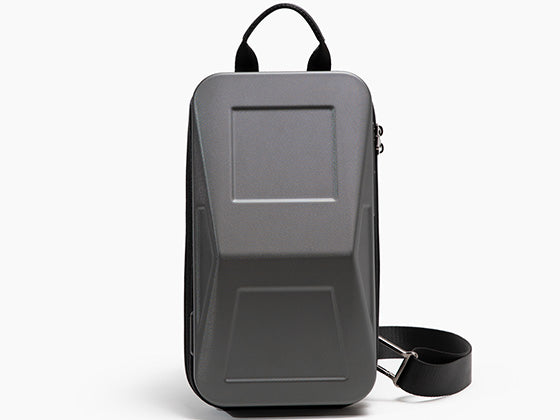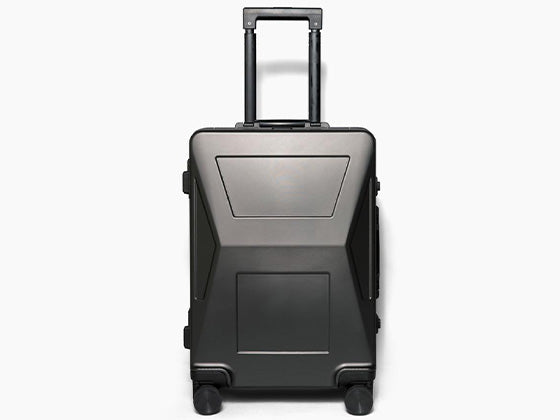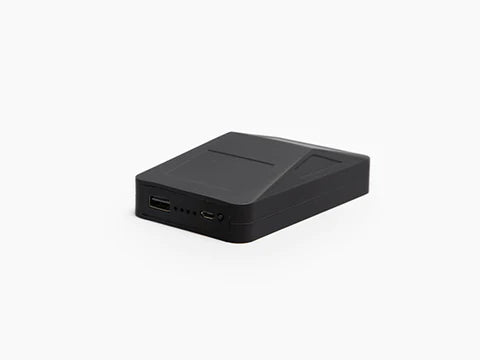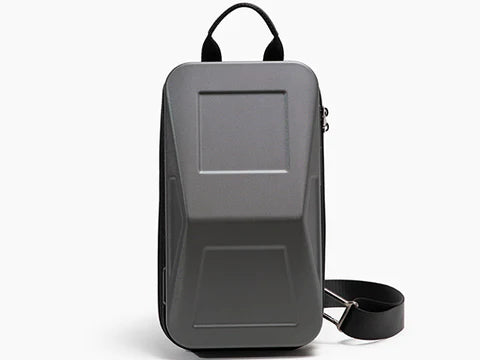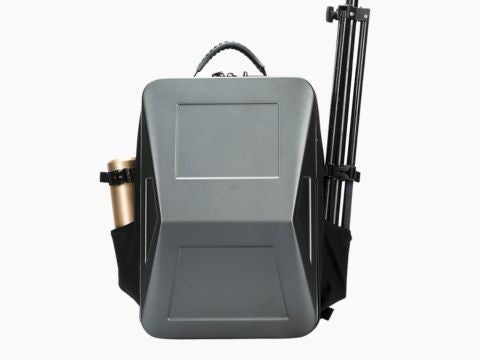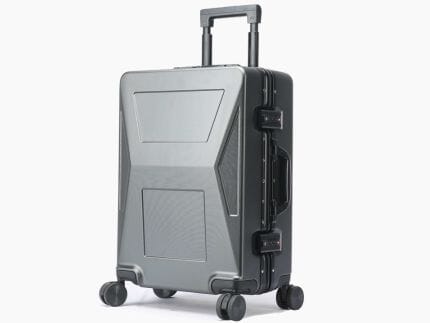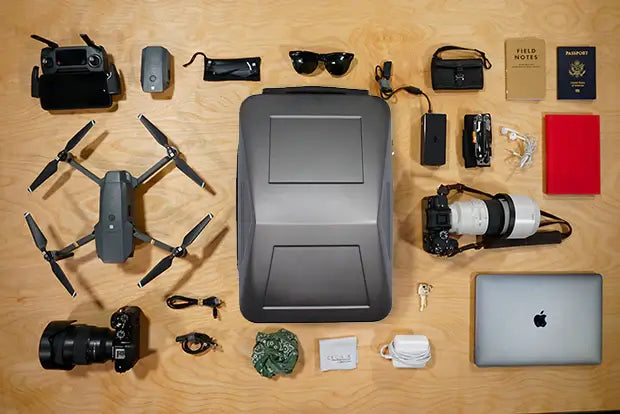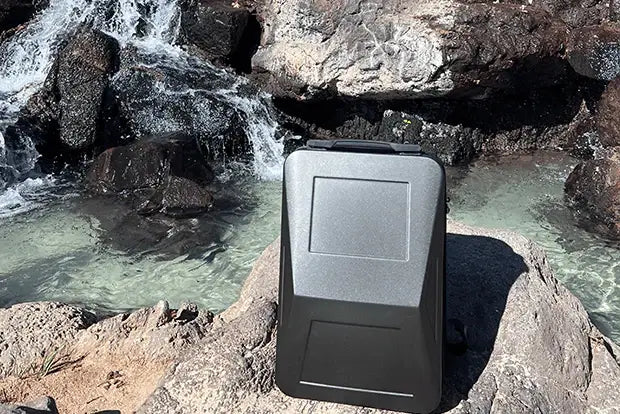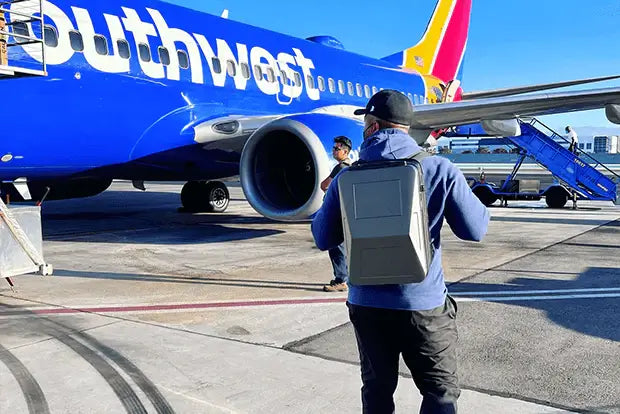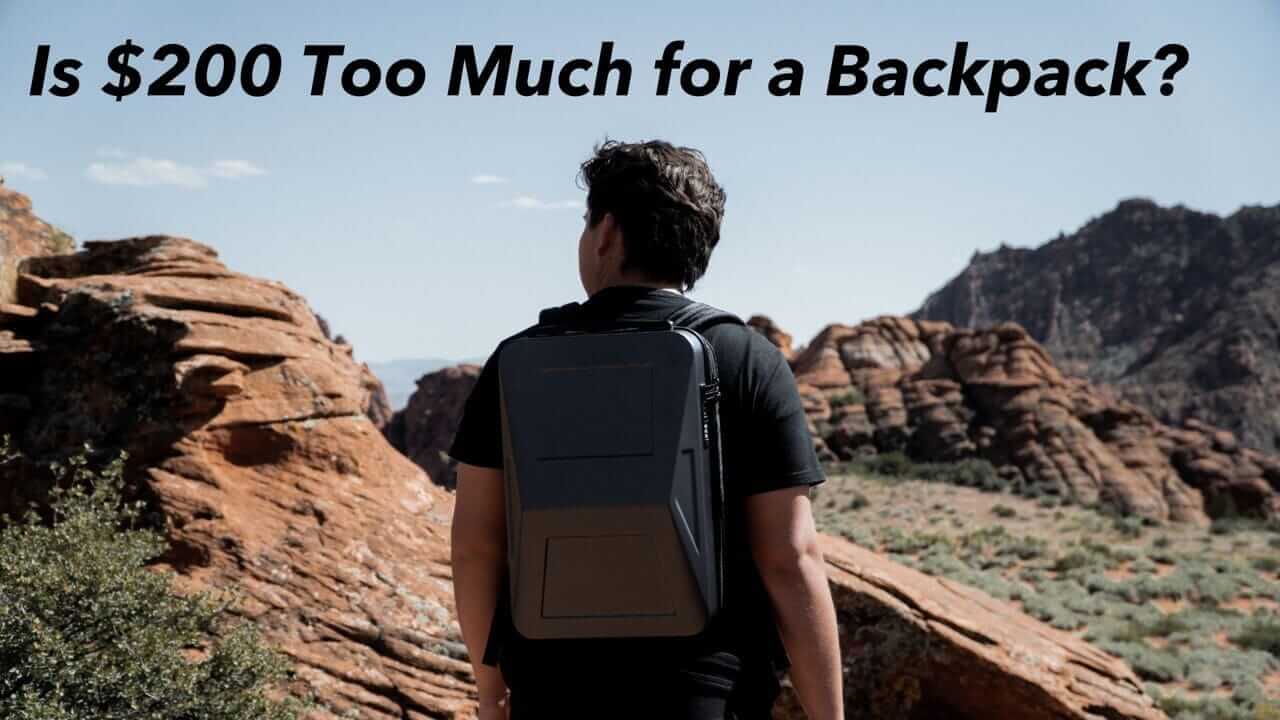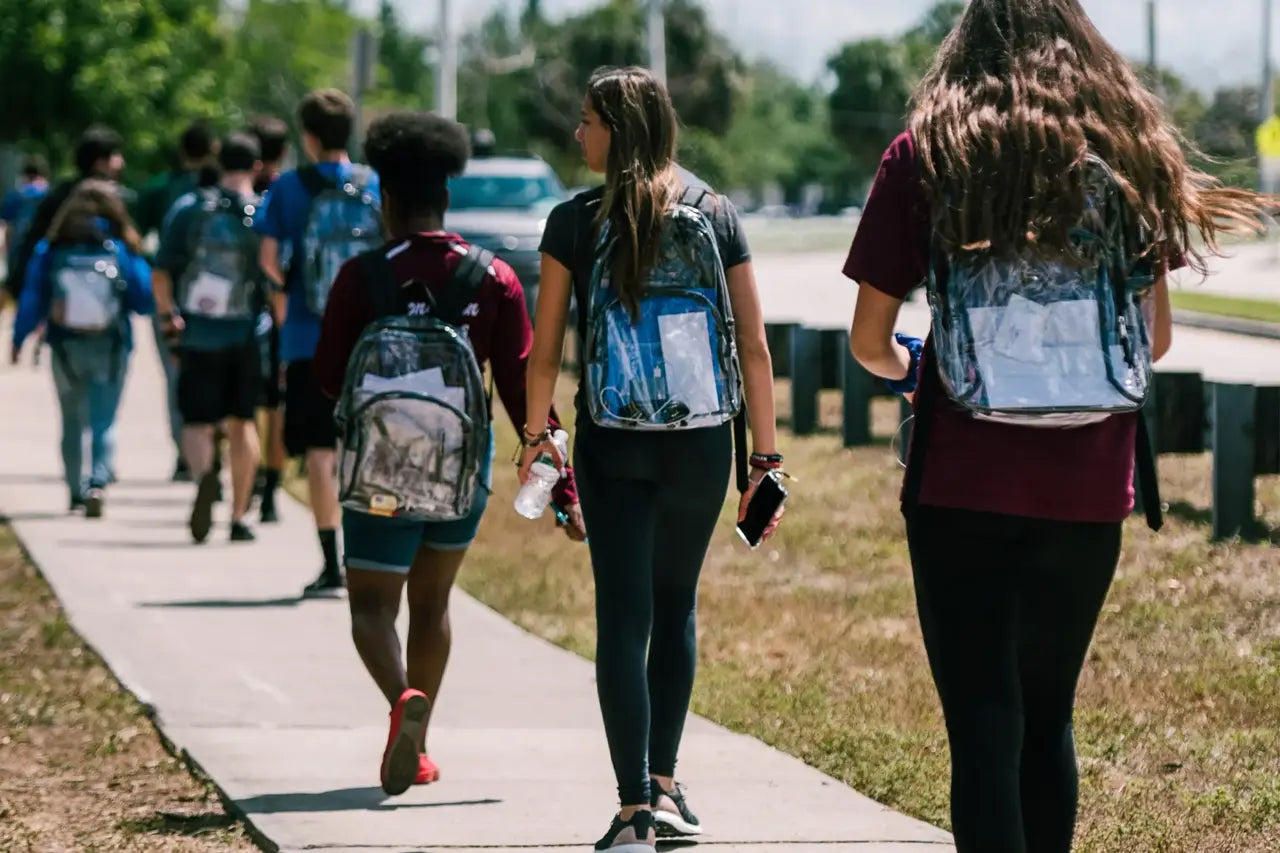In recent times, the clear backpack has evolved from a niche fashion accessory into a frequently mandated item within educational institutions across the U.S. Its rise to prominence sparks intriguing questions, primarily centered around its intent and utility. So, what is the point of a clear backpack?
The Historical Context
The clear backpack, like many products, was birthed from a confluence of need, fashion, and societal change. Initially, transparent bags were a trendy item embraced by festival-goers and fans at sporting events where security concerns were paramount. Their function in these settings was clear: they allowed for swift security checks. However, as societal challenges evolved, especially around school safety, their utility was recognized in educational environments.
See Also: What is the point of a clear backpack?
Safety and Deterrence in Schools
The tragic rise of school shootings in the U.S. brought about a pressing need for increased safety measures in educational institutions. Administrators and school districts began exploring multiple avenues to ensure student safety.
Transparent Visibility: The primary advantage of a clear backpack is the visibility it offers. With these bags, concealing prohibited items, such as weapons or drugs, becomes challenging. This visibility acts as a deterrent for potential wrongdoers and allows school officials to swiftly spot and address any concerns.
See Also: The Rise of Clear Backpacks in U.S Schools.
Streamlined Security Checks
Beyond the classroom, clear backpacks have also become popular at concerts, stadiums, and large public events. The reason? Efficiency.
Faster Entry: With thousands pouring into venues, security personnel need to be efficient. Clear backpacks expedite the process, making checks faster and reducing long entry queues.
Uniformity: With everyone adhering to a similar standard, security protocols become streamlined, ensuring everyone gets the same level of scrutiny.
See Also: What schools require clear backpacks?
A Fashion Statement?
While their rise can be attributed largely to security and safety concerns, clear backpacks have not escaped the realm of fashion. Many brands have released their versions, complete with stylish accents and features.
Personalization: Even though they're transparent, many users have found unique ways to personalize their clear backpacks, be it through internal organizers, colored items, or tags.
The Drawbacks and Controversies
No discussion about clear backpacks would be complete without addressing the concerns that have arisen.
Privacy Concerns: A major contention point is privacy. Critics argue that forcing students to expose their personal items is an invasion of their privacy.
Effectiveness: Questions about the actual efficacy of clear backpacks as a safety measure persist. Do they genuinely deter potential threats, or are they just a visual band-aid on a deeper issue?
Frequently Asked Questions (FAQs)
-
Why did schools start using clear backpacks? Schools adopted clear backpack policies primarily to enhance safety by deterring the concealment of prohibited items.
-
Are clear backpacks only popular in schools? No, clear backpacks are also popular at concerts, festivals, and sporting events due to their convenience during security checks.
-
How can one personalize a clear backpack? Users often personalize their backpacks with unique internal organizers, colored items, or decorative tags.
-
What are the main criticisms of clear backpacks? The primary criticisms are concerns about student privacy and questions regarding their actual efficacy in enhancing safety.
Conclusion
The clear backpack, a seemingly simple product, carries with it a plethora of implications and debates. Its primary intent is clear: to provide enhanced safety through visibility. However, as its adoption in schools grows, so too does the discourse around its actual effectiveness and potential invasion of student privacy. Like many measures taken in response to societal challenges, the clear backpack represents an intersection of safety concerns, personal rights, and the ever-evolving dynamics of school environments. Whether one views it as a necessary safety measure or a breach of privacy, its presence in our educational institutions prompts us to reflect on the kind of society we wish to build for our future generations.
